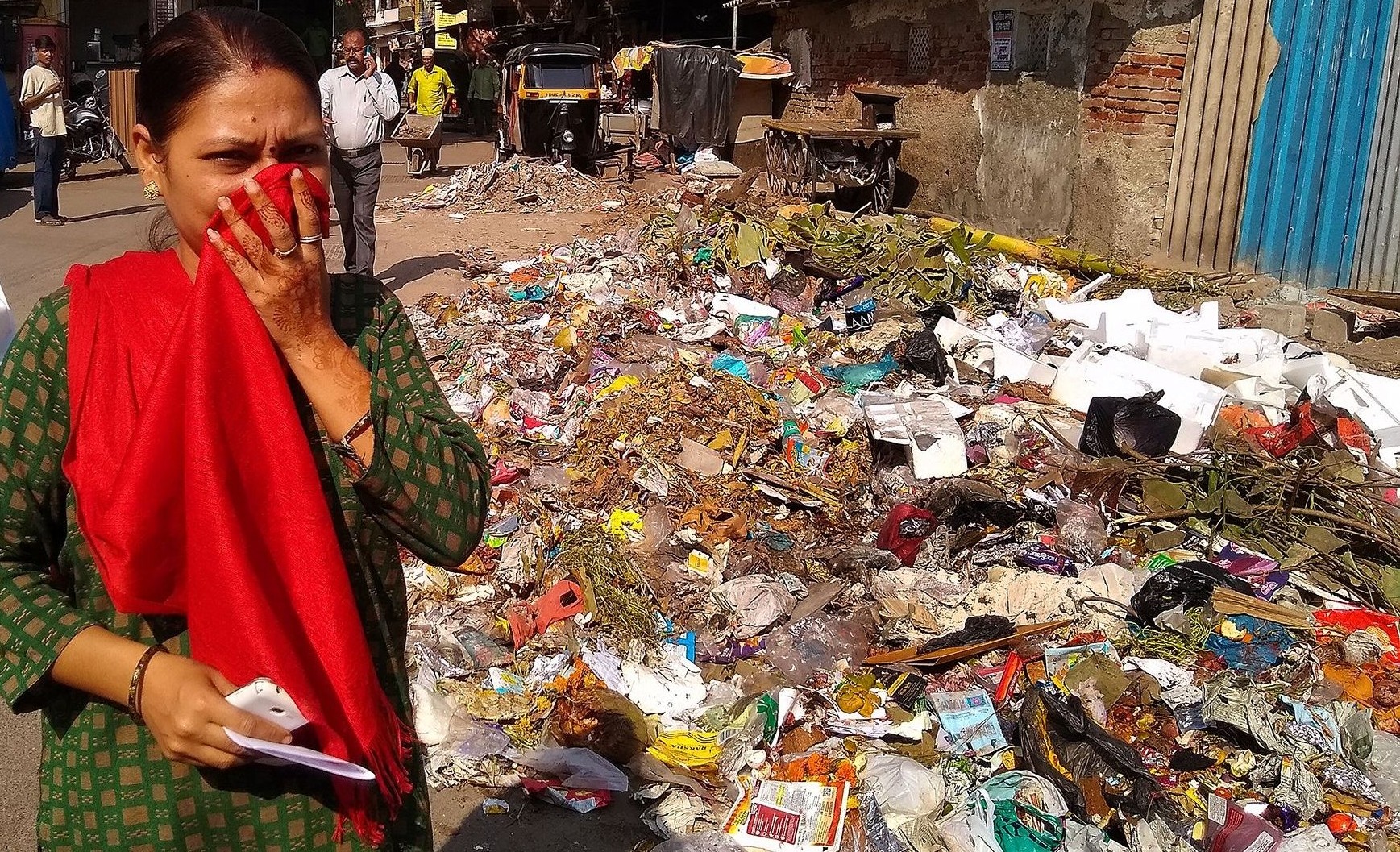Waste: Lofty Goals, Lingering Gaps
“Sanitation is more important than independence.”
— This quote highlights how vital cleanliness was to Gandhi Ji, even more than political freedom.
In recent years, India has set ambitious targets to tackle the mounting challenge of waste. From the Swachh Bharat Abhiyan to the Solid Waste Management Rules of 2016, policymakers have envisioned a cleaner, greener nation. Municipalities are tasked with segregation at source, scientific processing, and reduction in landfill dependency. Yet, as we stand amid piles of garbage and choked drains, it’s clear that while the goals are lofty, the gaps remain wide — and painfully persistent.
The Policy Dream:
India generates over 160,000 tonnes of solid waste every day, and this number is steadily rising with urbanization and population growth. To address this, the Solid Waste Management Rules, 2016, mandated door-to-door collection, source segregation, and waste processing. The Swachh Bharat Mission aimed to transform sanitation and waste handling across both rural and urban landscapes. Additionally, the Plastic Waste Management Rules introduced in 2016 and later amended, aimed to restrict single-use plastic and hold producers accountable through Extended Producer Responsibility (EPR).
The intentions are commendable. The frameworks are in place. The language is right. But reality tells another story. Where the Gaps Lie
- Segregation Remains a Myth: Despite mandates, only a small percentage of households actually practice segregation of dry, wet, and hazardous waste. The lack of awareness, coupled with insufficient motivation or incentives, leads to mixed waste that ends up in landfills — unprocessed and polluting.
- Infrastructure Woes: Many urban local bodies lack the infrastructure for proper waste processing. Waste-to-energy plants are either underutilized or dysfunctional due to low calorific value of waste; while composting and recycling units operate at sub-optimal capacity.
- Informal Sector Left Behind: India’s army of ragpickers and waste workers, who form the invisible backbone of the recycling ecosystem, are often excluded from formal planning and benefits. Their knowledge remains untapped, and their livelihoods precarious.
- Plastic Ban Confusion: While states periodically announce bans on single-use plastic, implementation remains inconsistent. Markets continue to be flooded with illegal plastic bags, while manufacturers circumvent rules through loopholes or lack of monitoring.
- Landfills Overflowing: Most Indian cities still dump the majority of their waste into overflowing landfills, which emit methane, pollute groundwater, and often catch fire — creating a toxic hazard for nearby residents.
Bridging the Divide
Closing the gap between vision and reality requires more than regulations. It demands:
- Behavioural Change Campaigns: Real change begins at home. Massive awareness efforts, school-level education, and community-led waste management can foster a culture of accountability.
- Decentralized Waste Solutions: Empowering neighbourhoods and wards with local composting, biogas, and dry waste centres can reduce the burden on central landfills.
- Inclusive Waste Economy: Recognizing and integrating informal workers into formal systems with ID cards, health benefits, and capacity building will strengthen the ecosystem.
- Robust Monitoring and Incentives: Using technology to track compliance, and rewarding cities and citizens for responsible waste practices, can create a positive loop.
Conclusion: India’s waste management goals are not unachievable — but they demand sustained commitment, collaboration, and community ownership. The road from policy paper to clean streets is long and fraught with challenges, but with consistent effort, the dream can become tangible.
Because waste isn’t just about what we throw — it’s also about what we ignore.
Picture: At Govt. High School Badwala Fatehgarh Sahib educating the school children on Hygiene & Sanitation. Mr. J.K. Jindal, Director of Agarhari Foundation, addressed the gathering and emphasized the importance of sanitation & hygiene in quality education to transforming lives. He encouraged students to dream big and make the most of the opportunities provided to them. He also appreciated the collective efforts of the community members in bringing about positive change.






